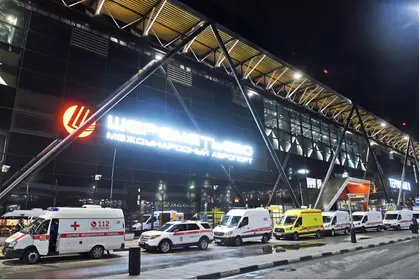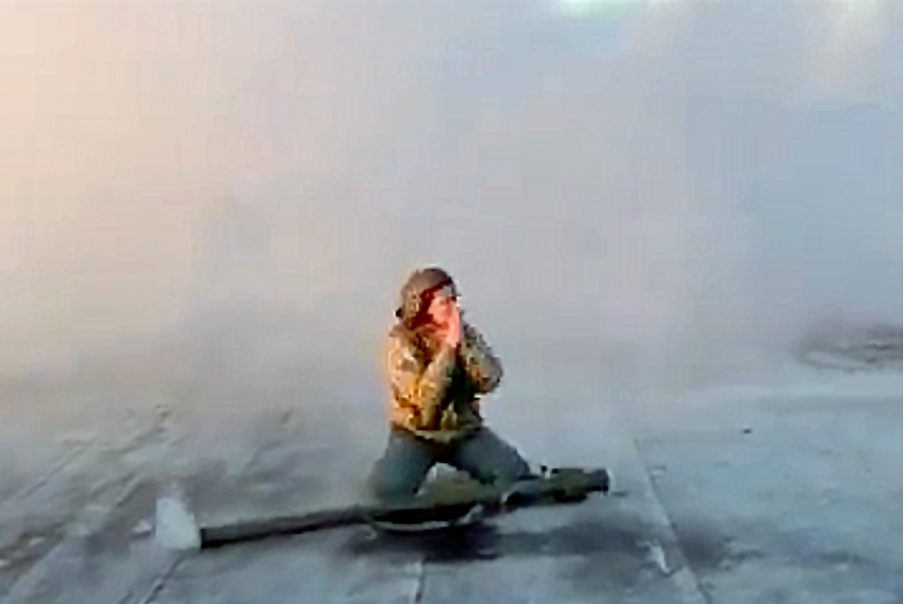Moscow airport authorities have installed new high-tech radar systems designed to counter uncrewed aerial vehicles (UAVs) in response to repeated airfield closures and flight delays caused by Ukrainian drone attacks.
Sheremetyevo’s AS Pushkin International Airport is located about 20 kilometers from the center of Moscow. It, along with the Russian capital’s three other airports at Domodedovo, Vnukovo and Zhukovsky, has had to repeatedly shut down due to drone attacks against the capital and its surrounds this summer.
JOIN US ON TELEGRAM
Follow our coverage of the war on the @Kyivpost_official.
TASS, Russia’s state media outlet reported on Tuesday that the airport has installed an AI-powered radar system capable of detecting, identifying and deterring drones.
According to the report the new anti-drone defense system, called “Yenot-SD,” has been produced and is operated by the Russian cybersecurity firm, Kaspersky Lab, which says it is conducting research and development into a wide range of uses for AI.
Yenot-SD is said to incorporate the latest in cutting-edge artificial intelligence (AI) technology. The makers claim that it doesn't only identify the presence of an unauthorized airborne object but can differentiate between birds, drones, aircraft, people, and vehicles.
According to an airport spokesperson it is designed to ensure that it not only detects and identifies potential targets but will enable drones to be neutralized without impacting aircraft operations, thus “ensuring a high level of flight security,” and thereby “guaranteeing the safety of passengers and preventing flight disruptions.”

Russia’s Shadow: North Korea Ramps Up Drone Production with Suspected Tech Transfers
The Sheremetyevo airport statement added that the software and hardware elements of the Yenot-SD system can also detect pre-programmed, “radio silent” drones, ensuring that all potential threats will be recognized.
The system was specifically designed to automatically identify low-flying targets, including but not limited to small UAVs. Once a target is detected, the system further verifies its presence and type using video imagery and can then deploy the appropriate electronic and other countermeasures.
The airport spokesperson could not confirm if the identification of a target and deployment of countermeasures would, in the future, avoid the need to impose temporary closure of the airport.
The uncertainty surrounding the closures of airports when there is a drone attack is of concern for airlines, which suffer additional costs when flights have to be rerouted due to airport closures. Almost 50 flights were rerouted from Moscow airports during the large-scale August wave of drone attacks, according to the Russian RBC news site, imposing extra costs in fuel as well as providing alternative transport for passengers and crew back to their original destination.
Several airlines have even threatened to seek compensation from the Kremlin if the situation persists, while others suspended operations altogether at the height of the mid-summer drone barrage.
The airport authority categorizes the deployment of the AI-powered radar system to be a significant step forward in protecting Russia’s transportation hubs from the drone threat. It asserts that this is a proactive approach that sends a strong message that the management at Sheremetyevo is committed to maintaining a secure environment in the face of ever-changing security challenges – although the system has yet to be tested “in anger.”
You can also highlight the text and press Ctrl + Enter






